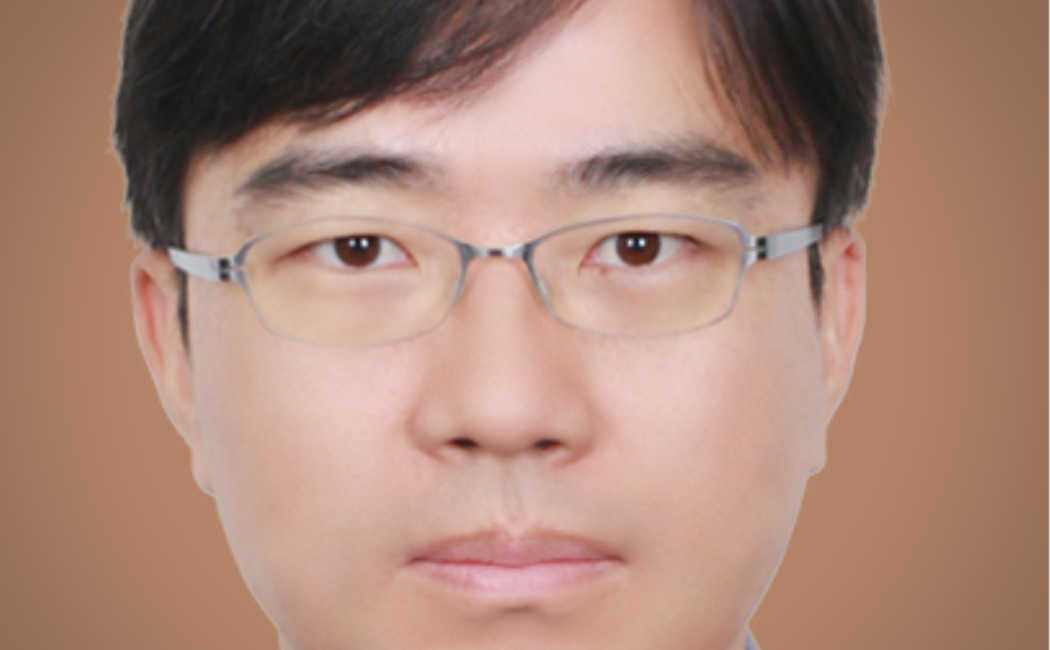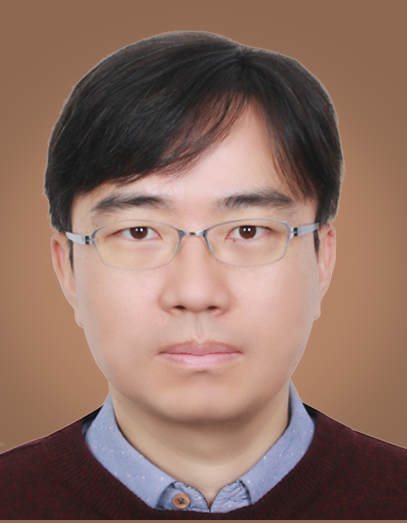


EnSE Seminar Series
Sunday, 24 February 2019, 4:00 p.m. – 5:00 p.m.
Auditorium between Bldg. 4&5, Level 0, Room 0215

Associate Professor in School of Earth Sciences and Environmental Engineering at Gwangju Institute of Science and Technology (GIST), Korea
Ozonation (O3 and O3/H2O2) and UV-based processes (UV and UV/H2O2) are widely applied in drinking water treatment for the purpose of disinfection and oxidation of micropollutants. These (photochemical) oxidation processes have also received increasing attention as a potential option for enhanced wastewater treatment to eliminate various micropollutants and recently to inactivate antibiotic resistant bacteria and genes. In this seminar, recent advances in applications of ozonation and UV-based processes for drinking water and wastewater treatment are presented including application history and status in Korea. Focus will be given to principle-based approaches for describing and modelling the reaction kinetics of oxidant/UV with contaminants, transformation products and pathways, and toxic by-product formation and mitigation strategies. Emerging oxidative water treatment processes based on ferrate and UV/chlorine will also be covered. Some selected research topics will be used to illustrate these issues: 1) transformation of organic N-containing compounds during water treatment with UV/chlorine, 2) deactivation kinetics of antibiotic resistant genes (e.g., plasmid-encoded ampicillin resistance gene), 3) NDMA formation during chlorination and ozonation of N,N-dimethyl hydrazine compounds, 4) ferrate applications for municipal water treatment: reaction chemistry and implications. Finally, future research directions will be briefly discussed.
Professor Yunho Lee is an associate professor in the School of Earth Sciences and Environmental Engineering at Gwangju Institute of Science and Technology (GIST), Korea. He received a Ph.D. in Chemical Engineering Department at Seoul National University, Korea in 2005 and did postdoctoral research at Swiss Federal Institute of Aquatic Science and Technology (Eawag) before joining GIST in 2011. His research focuses on characterizing and optimizing oxidative water treatment processes for drinking water and municipal and aquaculture wastewater for abating organic and biological contaminants of concern with minimized toxic by-product formation. He uses principle-based approaches for his researches such as chemical kinetics and mechanisms, which are also combined with analytical, toxicological, microbiological, and process engineering aspects. He has authored more than 50 papers in water science and engineering. He has been an editor of Journal of Environmental Chemical Engineering (Elsevier) since 2013 and an editorial board member of Environmental Science: Water Research and Technology (RSC), 2014-2017.